In Europe, Germany’s big three carmakers – Volkswagen, BMW and Mercedes-Benz – see the prospect of confronting Beijing in a full-blown electric car trade war as an unimaginable “nightmare”, while French rivals Renault and Stellantis could benefit from protecting their domestic industries with tariffs.
That is the strategic calculation that the European Commission’s (EC) trade defense department – the body that guides trade policy for the 27-nation bloc – must consider when deciding whether to launch anti-dumping measures against Chinese electric vehicles.
Last week, Politico reported that France was stepping up pressure on Brussels to open an investigation into imposing additional duties, known as anti-dumping and anti-subsidy duties, on electric cars that it said were being produced at unreasonably low prices and were flooding the European market at a pace and scale that threatened the EU’s own electric vehicle manufacturing industry.
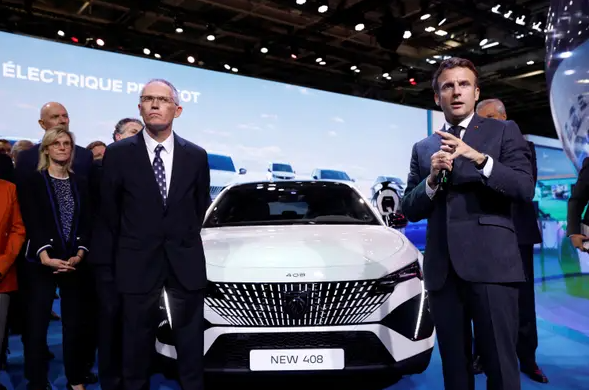
Photo captionFrench President Emmanuel Macron sits inside the hydrogen-powered Hopium Machina Vision at the Paris Motor Show, October 17, 2022. Photo: Detroit News
According to Matthias Schmidt, an independent auto industry analyst, French carmakers may support the idea of such an investigation because they have little exposure to the Chinese market, while German carmakers – with “dangerously high” exposure to the billion-people market – are more hesitant because they fear retaliation from this lucrative market.
While Chinese electric car brands such as BYD, Great Wall, XPeng and Nio currently account for only a small fraction of car sales in Europe, their footprint is growing as they launch products in national markets, build brand awareness and sign “big” contracts with rental companies.
The problem of Germany and France
In theory, Chinese companies are competitive enough to win wherever they want. One reason is the vast economies of scale in the supply chain. China’s top electric vehicle battery makers, CATL and BYD, account for half of global battery production.
That helps Chinese manufacturers create an electric car for around €10,000 less than European rivals, according to consultancy Grant Thornton.
With such cost and scale advantages, Chinese automakers will have no difficulty in "dethroning" long-standing industry giants such as VW, Mercedes-Benz or Peugeot.
The total market share of Chinese electric vehicles in Europe currently hovers around 5%. But an analysis by leading European NGO for cleaner transport Transport & Environment (T&E) estimates that their market share will reach 9-18% by 2025 – big enough to disrupt sales on the continent and overwhelm established brands there.
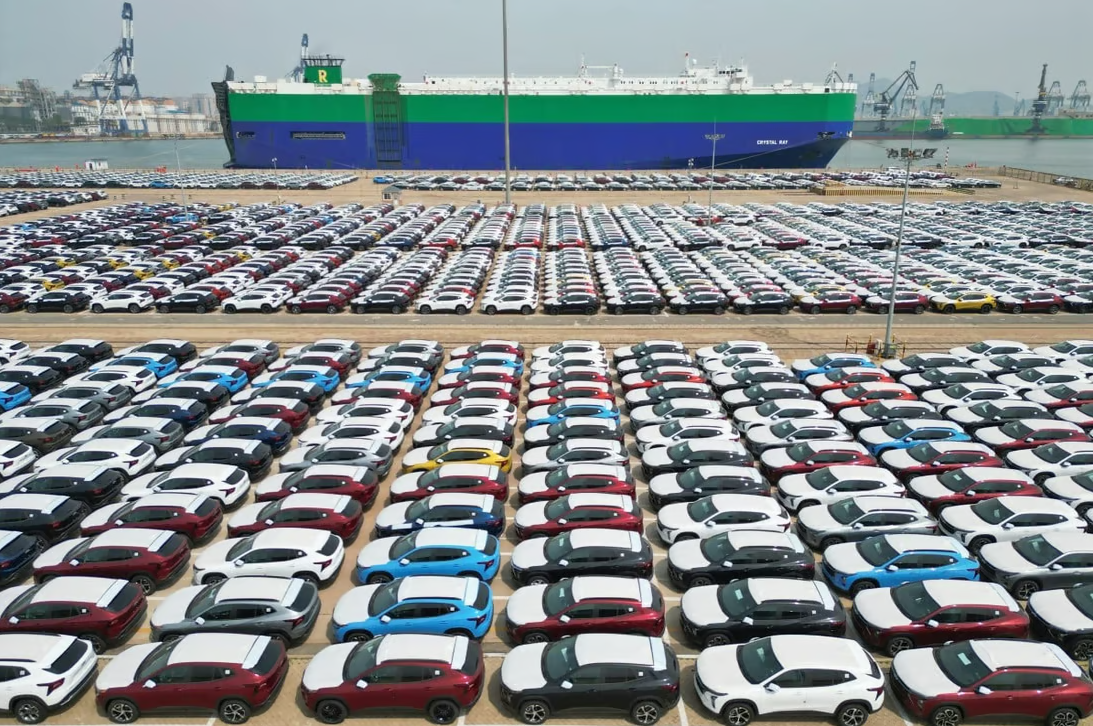
Cars waiting to be loaded onto ships for export at Yantai Port in Shandong Province, China, May 9, 2023. Photo: Xinhua
That’s a bigger problem for Renault, France’s top automaker, and Stellantis, a French-origin company headquartered in the Netherlands in which the French government holds a small indirect stake. The two automakers are more exposed to the European mass market than the German giants, which have a global reach and often target high-end consumers.
“We have to wake up,” French President Emmanuel Macron said late last year, ahead of the Paris Motor Show. “Europe must prepare a strong response and act very quickly.”
The EU’s 2035 deadline for petrol car sales has been the starting gun for a race to electric cars both inside and outside the bloc. But those “green” rules certainly come at a cost.
“Regulations in Europe make electric cars made on the continent about 40% more expensive than equivalent cars made in China,” Stellantis CEO Carlos Tavares told Automobilwoche magazine in Las Vegas earlier this year.
“If the EU does not change its current situation, the region’s automotive industry will suffer the same fate as the European solar panel industry,” Tavares said, referring to a previous trade conflict with Beijing that saw China dominate the solar panel industry, which was once widely developed in Europe. “I think we have seen this movie before… It is a very bleak scenario.”
“Second home market”
While the French problem lies in the European market, for the Germans it is the distant Chinese market.
Sales in the world's largest car market are crucial for all German automakers, but for VW in particular, it's what has helped make the iconic automaker one of the world's largest.
The German automaker has long called China its “second home market,” with about 40 percent of VW’s global car sales in China last year, up from 31 percent a decade ago, according to data from the Cologne-based Center of Automotive Management (CAM). The same is true for BMW and Mercedes-Benz.
What is alarming for the heads of Germany's auto industry capitals Wolfsburg (VW), Munich (BMW) and Stuttgart (Mercedes-Benz) is that their operations in China are facing fierce competition from domestic Chinese brands with advantages in battery technology.
Although the Chinese auto market grew 10% last year, the big three German automakers all saw their collective market share decline, according to CAM analysis.
“Mercedes has the largest factory in China. It would be foolish to start a trade war with China, because China would definitely take countermeasures,” said Professor Ferdinand Dudenhöffer at the Center for Automotive Research in Duisburg.
Moreover, Chinese-made goods are increasingly dominating the German market. The German Federal Statistical Office (Destatis) said in May that imports of Chinese-made electric vehicles more than tripled in the first quarter of this year compared to the same period in 2022.
China’s market penetration is huge. Cars produced in Chinese factories for global companies plus cars from Chinese private brands account for 28.2% of all electric vehicle imports into Germany. In addition, 91.8% of raw materials imported for the production of electric vehicle batteries in Germany also come from China.
“In short, Europe often forgets that China can do to them what they can do to China,” a Brussels-based auto industry lobbyist told Politico, referring to the “tit-for-tat” trade measures.
“Do European carmakers really want to have trouble accessing the world's largest electric vehicle market?” the lobbyist asked.
Production capacity problem
But in a broader sense, this is not just a story for France and Germany. Tariff threats could prompt the Chinese to move production directly to Europe.
Shenzhen-based electric vehicle maker BYD, which stands for Build Your Dreams, is a case in point. In addition to being a larger-volume automaker than Tesla, it is also the world’s second-largest battery maker and is being eyed by Europe.
Chinese automakers have been scouting Europe for factory sites. This month, Ford’s Model E electric vehicle division chief Martin Sander told Politico that employees at its assembly plant in the German town of Saarlouis, just across the border from France, would be updated on plans to sell the site as early as this week, with BYD reportedly one of three bidders.

BYD, China's largest electric vehicle maker, displays products at an auto show in Wuhan, China, July 2022. Photo: Getty Images
“China’s EV penetration needs to be seriously considered once they build up production capacity on the continent,” Schmidt warned. “Exporting from China to Europe is not a viable business model in the long term.”
Amid a scramble for domestic investment, Mr Schmidt said France’s proposed tariffs could also be part of President Macron’s strategy to raise the cost of importing electric vehicles to force Chinese automakers to set up production facilities on the continent.
“We are not naive,” Mercedes-Benz CEO Ola Källenius told Germany’s Bild newspaper in April. “Of course, we see political differences and tensions… We need to be more resilient here and more independent of individual countries, for example in the case of lithium batteries.”
But China still holds a 76% share of total global battery production capacity, according to a study published by the European Court of Auditors on June 19, and its companies are building electric vehicle battery factories across Europe, including in Germany .
Minh Duc (According to Politico, Reuters)
Source





![[Photo] Closing of the 11th Conference of the 13th Central Committee of the Communist Party of Vietnam](https://vstatic.vietnam.vn/vietnam/resource/IMAGE/2025/4/12/114b57fe6e9b4814a5ddfacf6dfe5b7f)


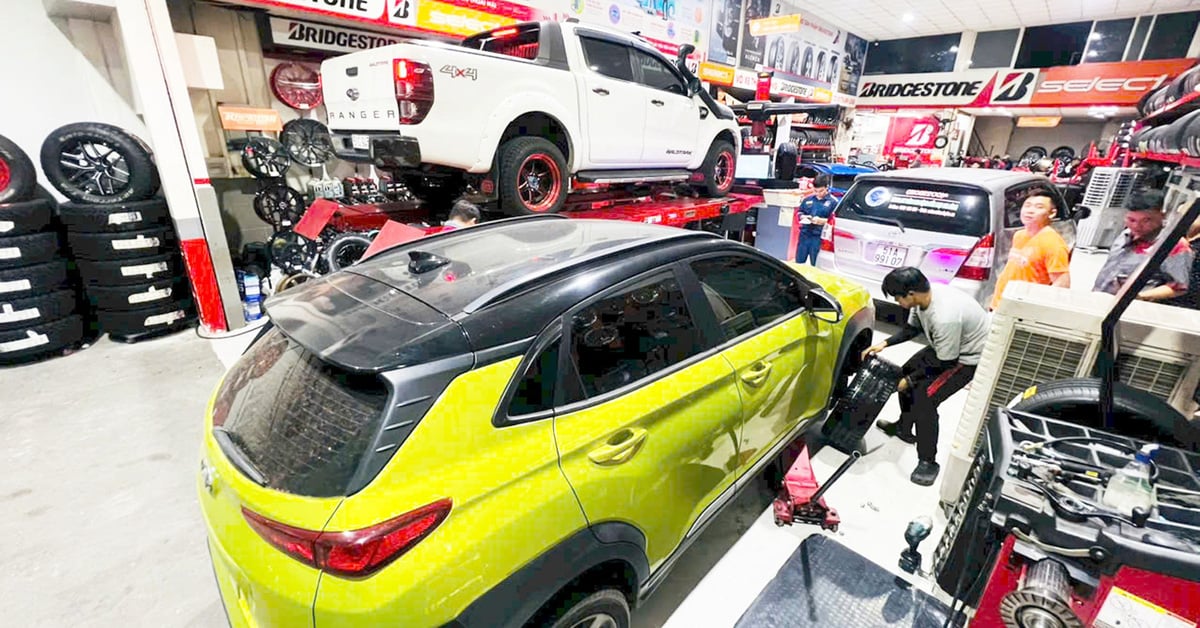

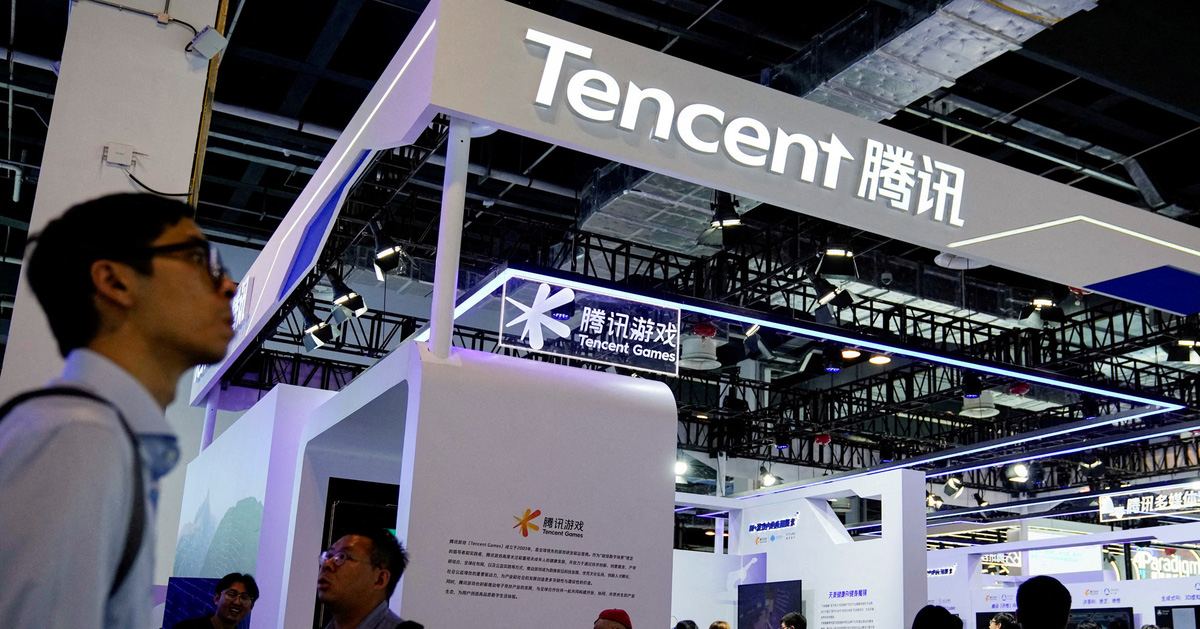
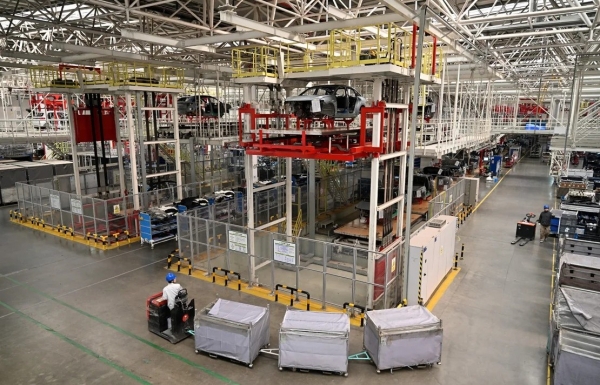

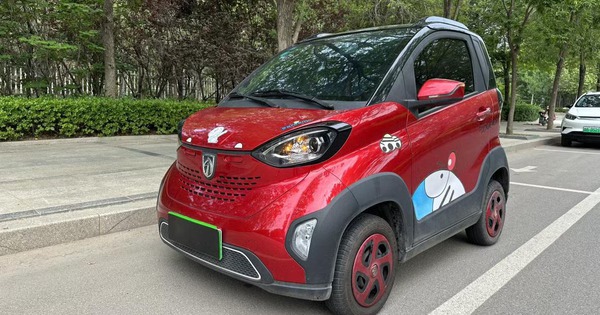

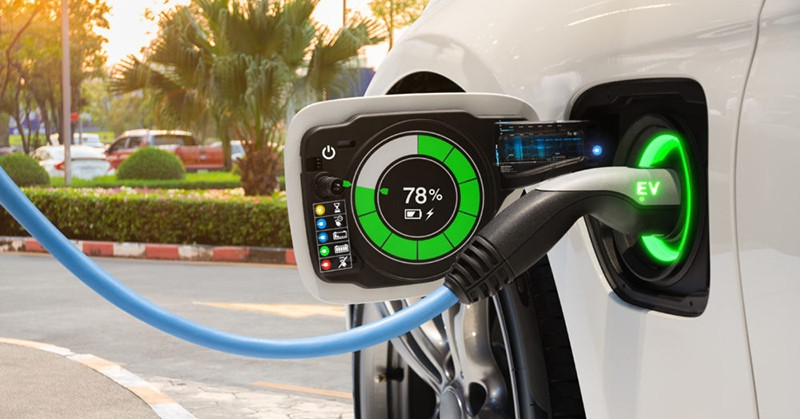

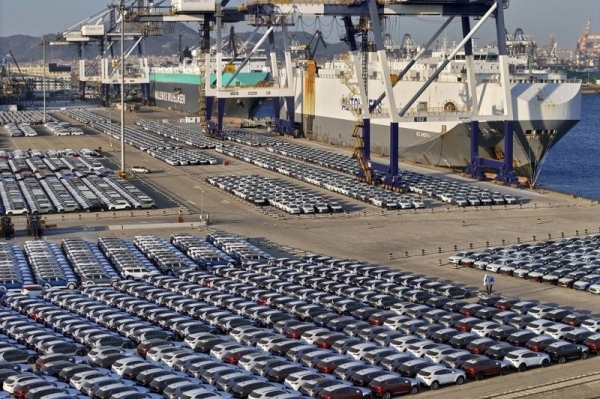

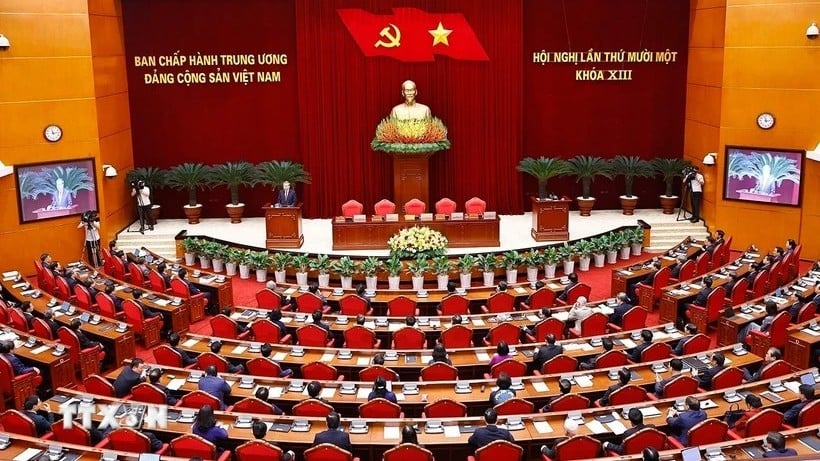















![[Photo] Overcoming all difficulties, speeding up construction progress of Hoa Binh Hydropower Plant Expansion Project](https://vstatic.vietnam.vn/vietnam/resource/IMAGE/2025/4/12/bff04b551e98484c84d74c8faa3526e0)
































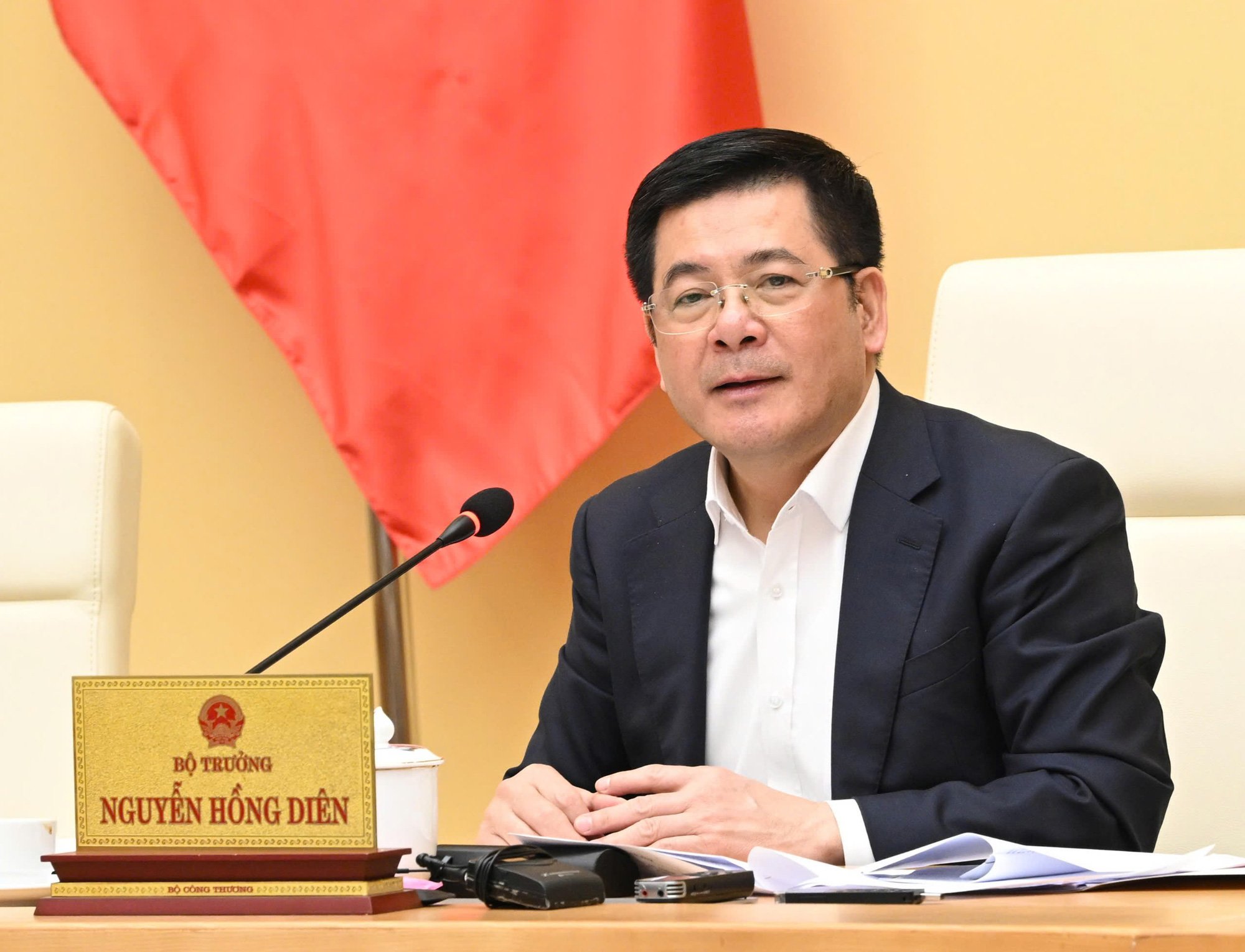
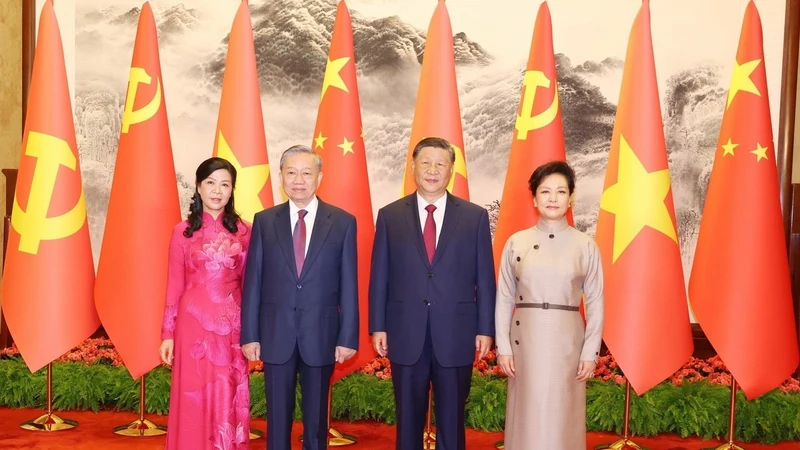




























Comment (0)